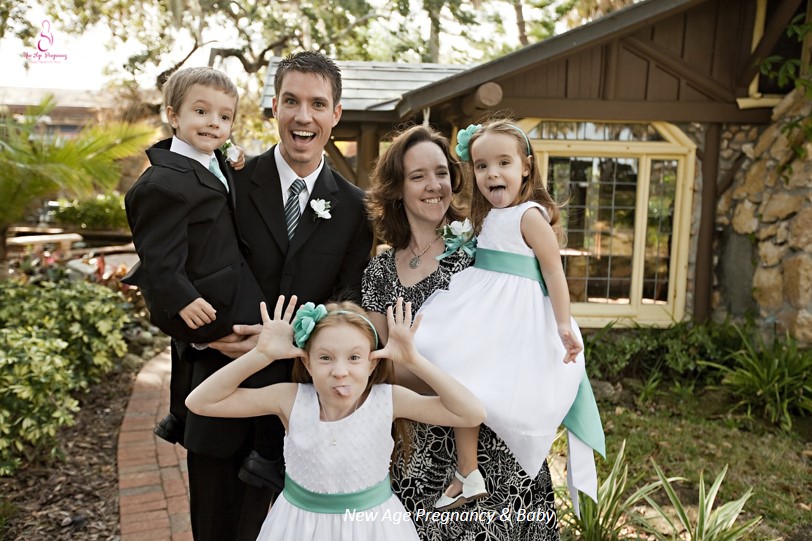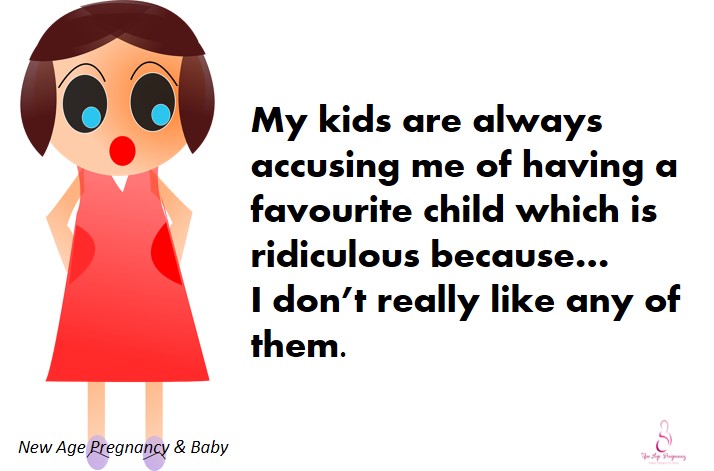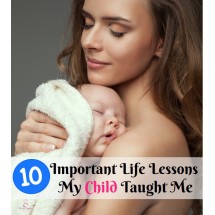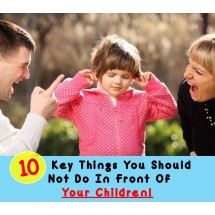
Parents! Let’s be honest to ourselves! If we have only one child, all our attention and affection are directed to that child alone but the minute number two, three and the rest come along, that’s where our “principles of justice” need to be practiced and we have to agree that at certain point in our life, we feel “closer” to one child than the other(s).
This subconscious feeling of “closeness” and the sense of having a “special bond” with a particular parent or both parents are signs of favouritism.

Parents favour one child over the other(s) based on a few factors,
• The child’s character for being smarter at school, well-behaved, polite;
• The child being able to fill a need or void for their parent; e.g. the child accomplishes the parents’ dream by going to the university;
• The child has a spitting image of the parents;
• The child has the same qualities or attributes as the parents, e.g. he or she is artistic or has athletic skills just like the parents;
• The child needs special care and attention.
Is you think it’s alright to show a little more love or attention to one of your children because he or she is your one and only precious, it’s time to sit up and think again. Showing favoritism is unhealthy. In fact, “parental favouritism is destructive,” warns Dr Pat Spungin, co-author of the book Parentalk Guide to Brothers and Sisters. It affects both the favoured child and the unfavoured one(s).
Dr. Ellen Libby, author of The Favorite Child, says the favoured child suffers because:
• The child may grow up depressed for not being able to keep up with the parents’ expectations;
• The child may not have developed his own identity as a result of trying to “copy” their parents’ image;
• The child only brings rivalry and resentment from his siblings; and when he grows up,
• The child may suffer when he finds that no one can possibly love him as much as the parents who had favoured him.
As for the less favoured child, Dr Libby says:
• The child will grow up unhappy as he is often on the receiving end of the parents’ anger;
• The child will suffer from depression and weakened self-esteem;
• The child may also face a chronic need to feel special.
Psychologist Elizabeth Mapstone says that people who insist that they love and treat all their children exactly the same all the time are wrong in their attitude. “They’re trying too hard to make it look equal. Children are different,” she says. She suggests treating them as “individuals in ways that respond to their needs”.
Dr Spungin agrees that “what you feel is something you don’t have control over. What is important is not what we feel, but what we do about it”.
To overcome family malfunction, here are some useful tips on playing fair to each child extracted from the book Jealousy and Rivalry between Siblings by Adele Faber and Elaine Mazlish.
• Instead of proclaiming that you love them all the same way, show your children that you love them every single way. Instead of saying “I love you all so much,” say “each of you is special to me”;
• Avoid comparison as it leads to competition between your children. Your children must understand that both parents consider them as distinct individuals;
• Give everyone time he needs. When all kids require attention at the same time, explain why you need to prioritize one over the other(s);
• Help children relieve their hostile feelings through symbolic or creative ways. In moments of anger, encourage them to express their feelings, according to their age: a doll, a pillow or drawing out what they feel;
• If you do not have enough time to listen to any complaints from your children, provide them with a notebook each. This can be called a “book of grumbling” where they can write or draw each time they get upset or unhappy. This way will assure them that even if you’re not present to listen, you will “read them”;
• Teach the children to talk, listen and be aware of their own differences and find their own solutions to overcome these hurdles.
It is also important to teach the kids to express their feelings legitimately and show them how to vent their anger in an acceptable manner.
No two children are identical. As Faber and Mazlish concluded nicely in their book, “it is quite normal and natural to have different feelings for different children. Enjoy the individuality of each child, take it as it is. Ensure that every child feels first”.
Written by Noreen Yek Boussetta






